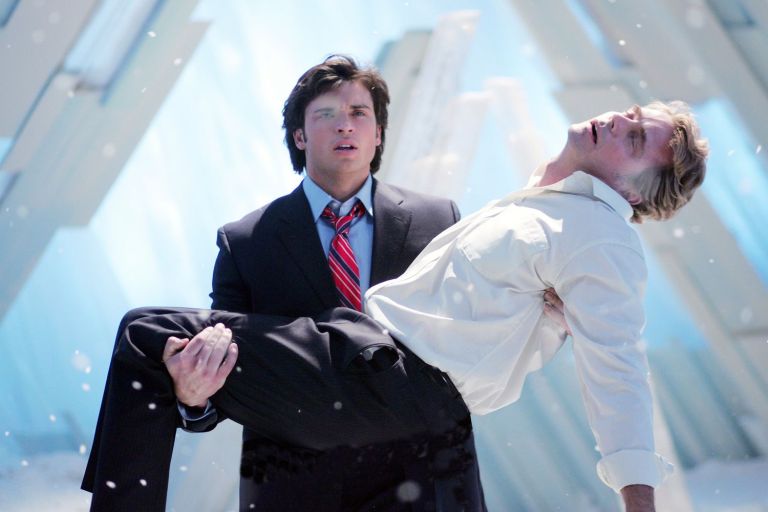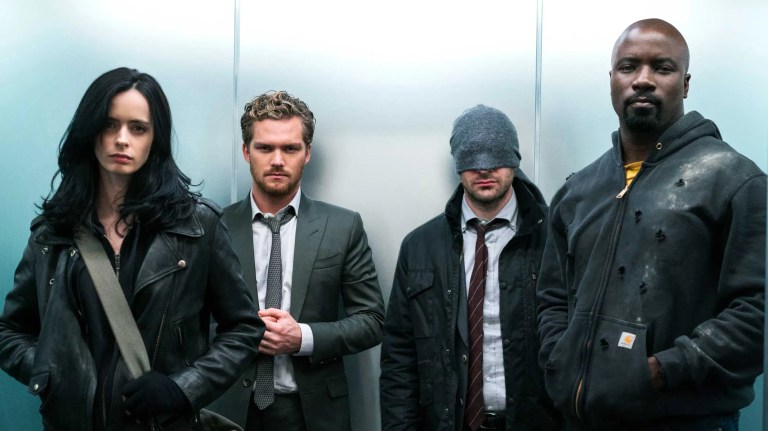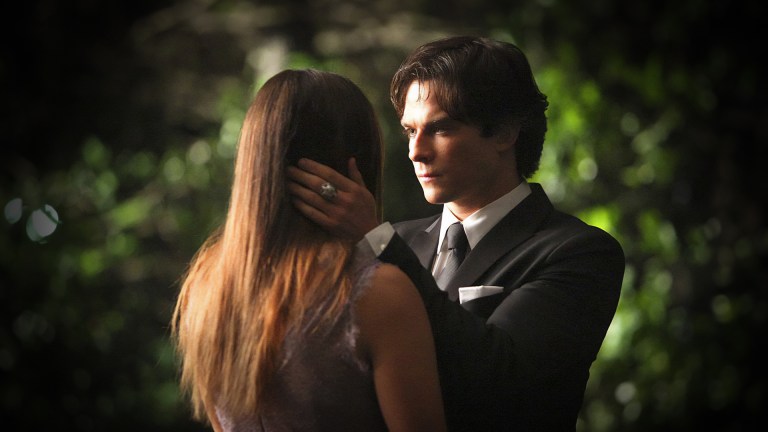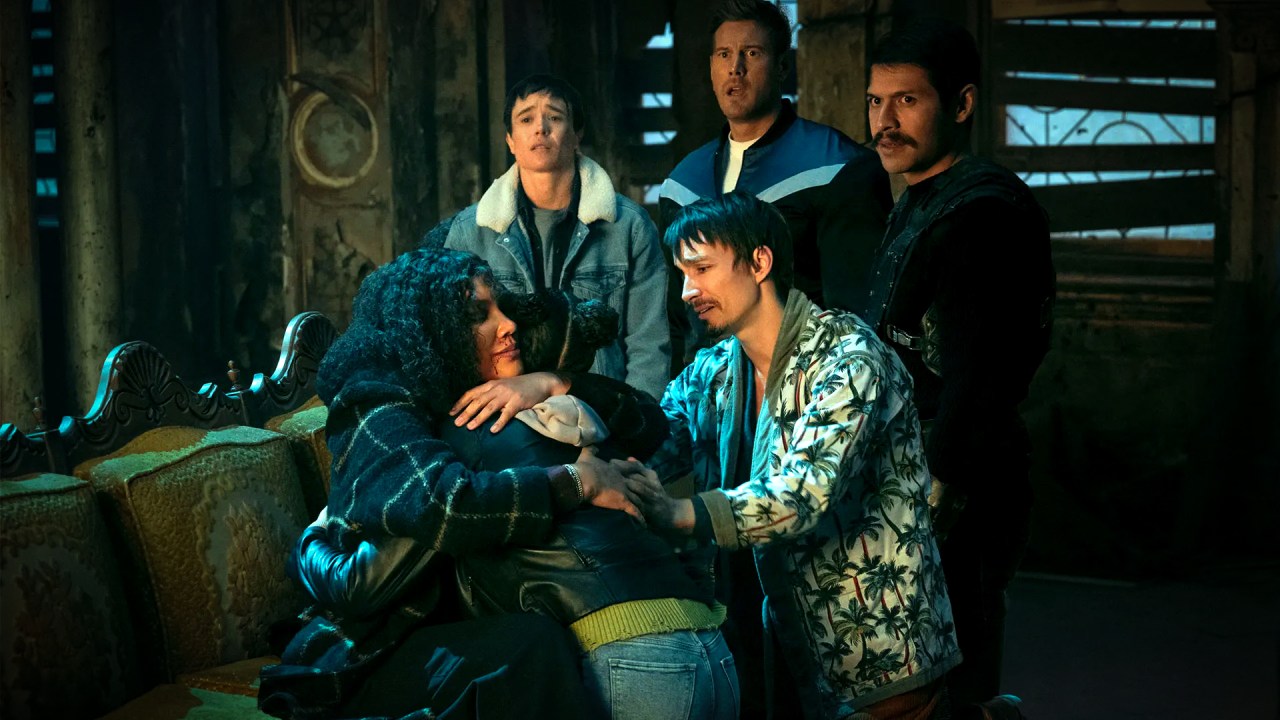
6 Comic Book TV Shows Like ‘The Umbrella Academy’ That Started With A Bang And Ended With A Splat
The Umbrella Academy concluded in disappointing fashion; however, it isn't the first comic book TV show to start off well then end on a damper.
The Umbrella Academy concluded in disappointing fashion; however, it isn’t the first comic book TV show to start off well then end on a damper.
When it debuted in 2019, Netflix’s The Umbrella Academy jolted the comic book TV show genre. Ah, finally, there was something different around that wasn’t labeled Marvel or DC. It also helped that the series valued fun and featured a number of entertaining characters to get behind. Around Season 3, though, the show dipped in quality, leaving fans wondering if it had lost its mojo. No matter, since Netflix announced Season 4 would be the final season and there would be two years for the cast and crew to get it done right and send off the Hargreeves family with a big bang.
The only explosion ended up being the sounds of everyone throwing their remotes at the television screens and asking why they bother to pay Netflix subscriptions to watch such rotten programming. The Umbrella Academy started off wonderfully and degenerated into an allt-time stinker. It isn’t an anomaly in the genre, though, as several other comic book TV shows have also gone the way of the toilet flush. So, let’s take a look at the biggest disappointments that went from hot to not.
Gotham
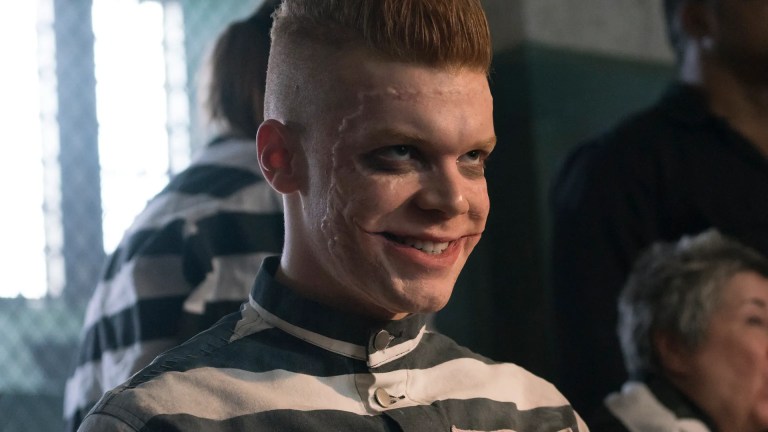
Gotham wanted to do for Bruce Wayne what Smallville did for Clark Kent. It would reimagine the lore and characters, introducing them at a much earlier period in young Bruce’s (David Mazouz) life while letting Jim Gordon (Ben McKenzie) become a more pivotal figure in the story. Gotham, though, embraces a far campier nature than Smallville. Villains like the Penguin (Robin Taylor Lord) and Riddler (Cory Michael Smith) ham it up in delectable fashion, becoming the perfect merger of Tim Burton’s Batman and the 1966 television show. Unquestionably, the series experiences its peaks and troughs, as some seasons flex harder and stronger than others; however, it all unravels in the fifth and final season. Gotham speeds toward a hasty conclusion through a time jump to introduce its version of the Joker – Jeremiah Valeska (Cameron Monaghan) – and puts Bruce in one of the worst-looking Batsuits of all time. When the credits roll for the last time, the show undos all the goodwill it garnered through questionable and rushed choices.
Riverdale
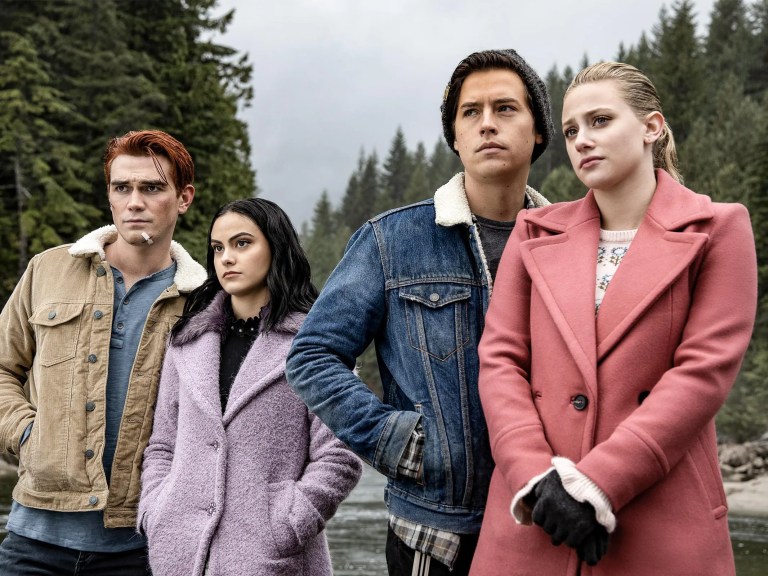
On paper, Riverdale should never have worked. A teen melodrama about Archie Andrews (KJ Apa), Betty Cooper (Lili Reinhart), Veronica Lodge (Camila Mendes), and Jughead Jones (Cole Sprouse) and their friends? That’s a complete 180 from the comics. The first season confirms this isn’t a Gossip Girl rip-off, though. Taking a page out of Michael Keaton’s Batman, it decides to get nuts at every opportunity. From there onward, it’s an all-out wild adventure featuring serial killers, supernatural occurrences, Archie fighting a bear, and the odd musical episode thrown into the mix. Nothing about Riverdale makes sense, but how can anyone not watch it out of sheer curiosity about what happens next? The wheels come off around Season 6, however, as the show doesn’t even try to make sense of the narrative anymore. At this point, it becomes nonsense for the sake of it. By the seventh – and final – season, no one could be too sad it came to an end, as Riverdale had overstayed its welcome.
The Gifted
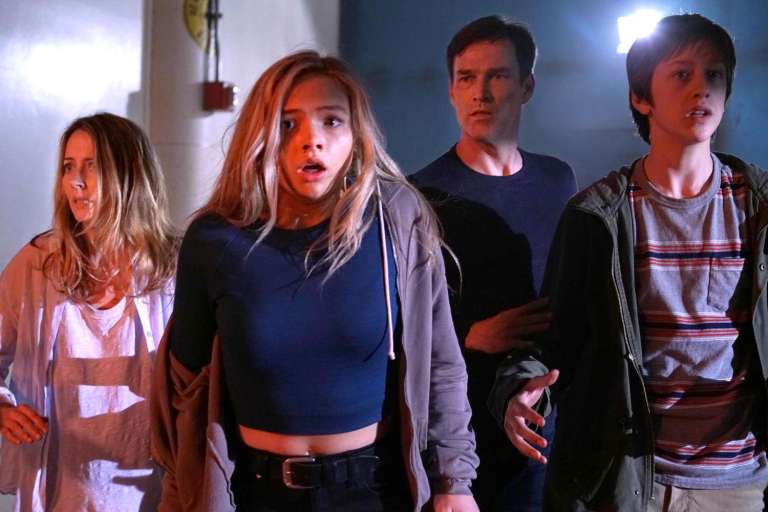
The Gifted is an X-Men show without the X-Men, as it’s set in an alternate timeline where Professor Xavier’s mutants vanished. While it sounded like the worst idea in the world when it was announced, the first season surprises. It allows lesser-known characters from the X-Men Universe, such as Blink (Jamie Chung), Thunderbird (Blair Redford), and Polaris (Emma Dumont), to shine. In addition, comic book-reading fans instantly notice how The Gifted is an X-Force or X-Factor show without the name being attached to it. That being said, the whiny Strucker family weighs down the series at every step, which is ironic since the premise centers around parents, Reed (Stephen Moyer) and Cailtin (Amy Acker), taking their mutant-powered kids, Lauren (Natalie Alyn Lind) and Andy (Percy Hynes White), and dodging the government. It all falls apart in the second season, though, as the Struckers become more unbearable and the actual exciting mutants take a backseat. Unsurprisingly, it saw a 40% drop in viewership and was duly canceled, as per The Hollywood Reporter.
Arrow
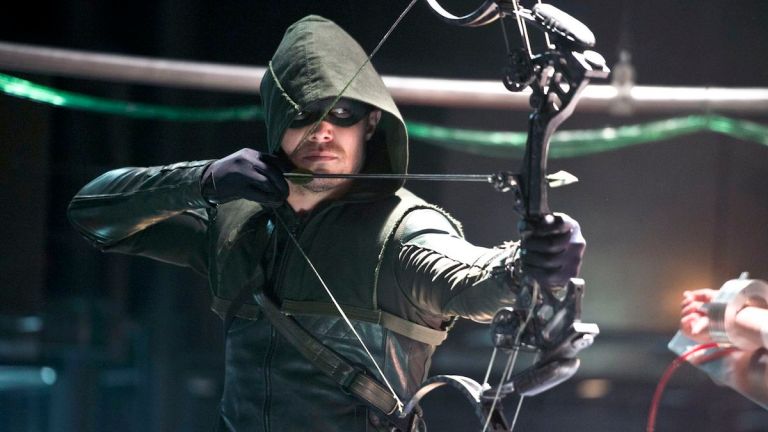
Arrow paved the way for shared universes to exist in comic book TV shows. More impressively, it turned the Green Arrow into a cool character for a new generation, though he behaves more like Batman than the Oliver Queen from the comics but whatever. Those first few seasons play out like magic, as Oliver (Stephen Amell) seeks to change his city for the better while piecing together elements of his past and teaming up with other heroes, such as the Flash (Grant Gustin) and the various versions of the Black Canary. He also battles everyone from Deathstroke (Manu Bennett) to Ra’s al Ghul (Matt Nable) as the DC Universe expands and comes alive in living color here. Unfortunately, as the show drags on, the storylines become repetitive and dreary. By Season 8, it’s evident that Amell doesn’t want to be on the show anymore and sleepwalks through the scenes. Plus, it’s painful to see as the entire season operates as nothing more than several backdoor pilots to a bunch of other shows – which never happened – like Green Arrow & The Canaries and John Diggle’s Green Lantern.
The Flash

Arrow walked, so The Flash could run. Complementing its predecessor, The Flash laid even more of the foundation for the burgeoning Arrowverse. It dissects and unravels the complex Flash history from the comics, introducing the different speedsters and multiverses in digestible and easy to understand storylines. Heck, it tackles the Flashpoint arc better than 2023’s The Flash film ever did. Yet, what stands out about this series is how it feels like the little show that could. There’s so much heart in it, and it’s contagious to everyone who watches it. The Flash speeds off into nowhere after the “Crisis on Infinite Earths” crossover in Season 6, though. There’s no turning back after the Iris West (Candice Patton) in the mirrorverse storyline, as the show veers away from everything that made it special and embraces the cliches. It still carried on for a while, concluding after Season 9, but by this juncture, only the diehards stuck with it.
Jessica Jones
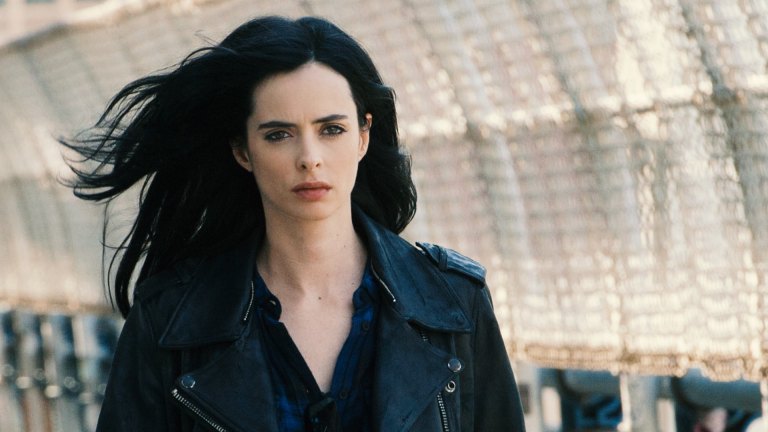
Fun fact: Does anyone remember the third season of Jessica Jones? It’s almost like a fever dream, but yes, Jessica Jones received three seasons like Daredevil. However, no one can dispute its release in 2019 was nothing more than the fulfillment of a contract obligation before Marvel Studios took full control of the Netflix shows and characters. It’s a shame because Jessica Jones Season 1 stands up there as one of the best in comic book TV show history, exploring the harrowing dynamic between Krysten Ritter’s Jessica Jones and the abusive and manipulative Kilgrave, played sensationally by David Tennant. At the start, this series dared to be different, being unafraid of standing out from the typical tropes of the genre or telling more personal stories. In the end, it turned into everything it fought to not be and disappeared without a whimper.
